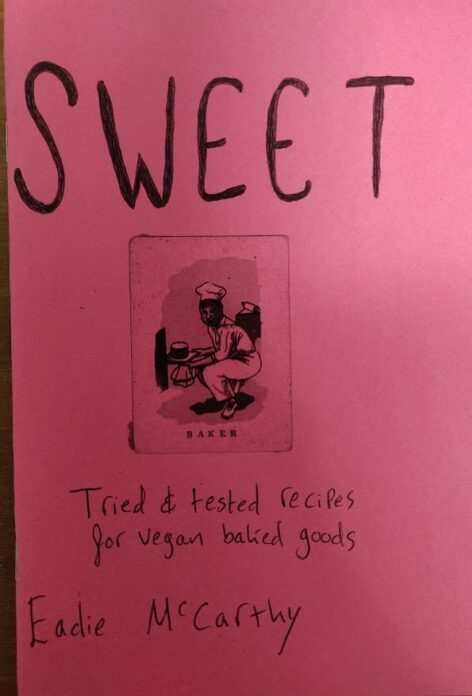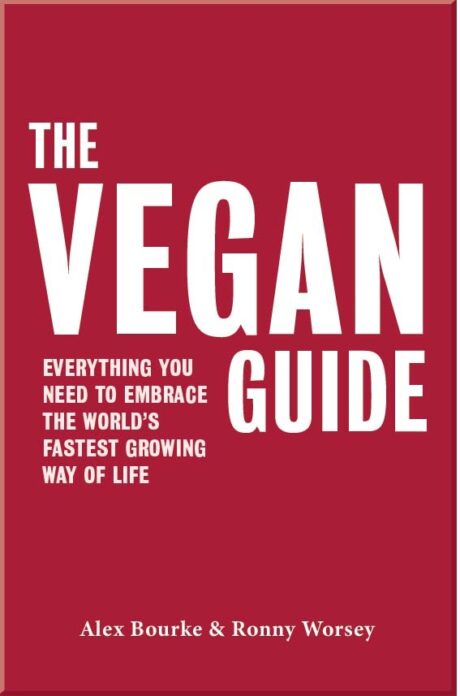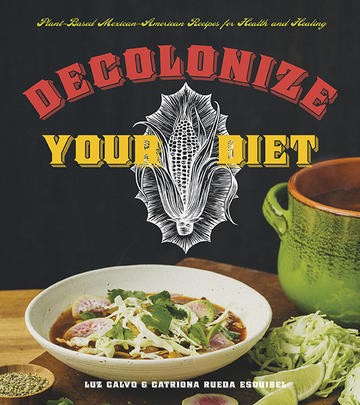Towards Collective Liberation by Chris Crass
£14.30
Towards Collective Liberation: Anti-Racist Organizing, Feminist Praxis, and Movement Building Strategy by Chris Crass
Only 1 left in stock
Description
Towards Collective Liberation is for activists engaging with dynamic questions of how to create and support effective movements for visionary systemic change, namely those who wish to ensure that all movements are both feminist and anti-racist in nature. Drawing on two decades of personal activist experience and case studies of anti-racist social justice organisations, Crass insightfully explores ways of transforming divisions of race, class and gender into catalysts for powerful vision, strategy and movement building in the world today.
Towards Collective Liberation: Anti-Racist Organizing, Feminist Praxis, and Movement Building Strategy is for activists engaging with dynamic questions of how to create and support effective movements for visionary systemic change. Chris Crass’s collection of essays and interviews presents us with powerful lessons for transformative organizing through offering a firsthand look at the challenges and the opportunities of anti-racist work in white communities, feminist work with men, and bringing women of color feminism into the heart of social movements. Drawing on two decades of personal activist experience and case studies of anti-racist social justice organizations, Crass insightfully explores ways of transforming divisions of race, class, and gender into catalysts for powerful vision, strategy, and movement building in the United States today.
Over the last two decades, activists in the United States have been experimenting with new politics and organizational approaches that stem from a fusion of radical political traditions and liberation struggles. Drawing inspiration from women of color feminism, justice struggles in communities of color, anarchist and socialist movements, the broad upsurges of the 1960s and 70s, and social movements in the Global South, a new generation of activists has sought to understand the past while building a movement for today’s world. Towards Collective Liberation contributes to this project by examining two primary dynamic trends in these efforts: the anarchist movement of the 1990s and 2000s, through which tens of thousands of activists were introduced to radical politics, direct action organizing, democratic decision making, and the profound challenges of taking on systems of oppression, privilege, and power in society at large and in the movement itself; and white anti-racist organizing efforts from the 2000s to the present as part of a larger strategy to build broad-based, effective multiracial movements in the United States.
Crass’s collection begins with an overview of the anarchist tradition as it relates to contemporary activism and an in-depth look at Food Not Bombs, one of the leading anarchist groups in the revitalized radical Left in the 1990s. The second and third sections of the book combine stories and lessons from Crass’s experiences of working as an anti-racist and feminist organizer, combining insights from the Civil Rights Movement, women of color feminism, and anarchism to address questions of leadership, organization building, and revolutionary strategy. In section four, Crass discusses how contemporary organizations have responded to the need for white activists to lead anti-racist efforts in white communities and how these efforts have contributed to multiracial alliances in building a broad-based movement for collective liberation. Offering rich case studies of successful organizing, and grounded, thoughtful key lessons for movement building, Toward Collective Liberation is a must-read for anyone working for a better world.
Praise:
“In his writing and organizing, Chris Crass has been at the forefront of building the grassroots, multi-racial, feminist movements for justice we need. Towards Collective Liberation takes on questions of leadership, building democratic organizations, and movement strategy, on a very personal level that invites us all to experiment and practice the way we live our values while struggling for systemic change.”
—Elizabeth ‘Betita’ Martinez, founder of the Institute for Multiracial Justice and author of De Colores Means All of Us: Latina Views for a Multi-Colored Century
“Chris Crass goes into the grassroots to produce a political vision that will catalyze political change. These are words from the heart, overflowing onto the streets.”
—Vijay Prashad, author of Darker Nations: A People’s History of the Third World
“A deeply important, engaged, and learned defense of anarchism, class politics, and anti-racism. Grounded in study, organizing, and struggle, Towards Collective Liberation is a significant contribution to the recent history of the U.S. left.”
—David Roediger, author of Wages of Whiteness
“In his activism and writing, Chris Crass has been able to articulate and practice a transformative model for social change. Guided by a vision of collective liberation that centers the experience and leadership of women of color, Chris has done groundbreaking work to realize the revolutionary potential of grassroots multiracial alliances.”
—Harsha Walia, co-founder of No One Is Illegal and Radical Desis
“Chris Crass offers penetrating analysis and a keen understanding of the political and cultural dynamics shaping the U.S. We can all learn from reading this.”
—Rev. David Billings, The People’s Institute for Survival and Beyond
About the Contributors:
Chris Crass is a longtime organizer working to build powerful working class-based, feminist, multiracial movements for collective liberation. Throughout the 1990s he was an organizer with Food Not Bombs, an economic justice anti-poverty group, strengthening the direct action-based anti-capitalist Left. In the 2000s, he was an organizer with the Catalyst Project, which combines political education and organizing to develop and support anti-racist politics, leadership, and organization in white communities and builds dynamic multiracial alliances locally and nationally. He has written and spoken widely about anti-racist organizing, lessons from women of color feminism, strategies to build visionary movements, and leadership for liberation. From California, he currently lives in Knoxville, Tennessee with his partner and their son.
Chris Dixon, originally from Alaska, is a longtime anarchist organizer, writer, and educator who recently received his PhD from the University of California at Santa Cruz. Dixon’s writing has appeared in periodicals such as Clamor, Left Turn, Punk Planet, and Social Movement Studies, and book collections such as Global Uprising (New Society Press), Letters from Young Activists (Nation Books), Toward a New Socialism (Lexington Books), Men Speak Out (Routledge), and The Battle of the Story for the Battle of Seattle (AK Press). He is currently completing a book based on interviews with radical organizers across the U.S. and Canada focusing on anti-authoritarian politics in broader-based movements. Dixon serves on the board of the Institute for Anarchist Studies and the advisory board for the activist journal Upping the Anti.
Roxanne Dunbar-Ortiz grew up in rural Oklahoma, a child of landless farmers. As a veteran of the Sixties revolution, she has been involved in movements against the Vietnam War and imperialism, union organizing, and was one of the founders of the Women’s Liberation Movement in the late 1960s. Since 1973, she has worked with Indigenous communities for sovereignty and land rights and helped build the international Indigenous movement. A historian, writer, and professor emeritus in Native American Studies at California State University, she is author of many Indigenous related books and articles, including Roots of Resistance: A History of Land Tenure in New Mexico and The Great Sioux Nation, as well as a memoir trilogy: Red Dirt: Growing Up Okie; Outlaw Woman: A Memoir of the War Years, 1960-1975; and Blood on the Border: A Memoir of the Contra War.
Product Details:
Author: Chris Crass
Introduction by Chris Dixon
Foreword by Roxanne Dunbar-Ortiz
Publisher: PM Press
ISBN: 978-1-60486-654-4
Published April 2013
Format: Paperback
Size: 9 by 6
Page count: 320 Pages
Subjects: Politics–Activism





